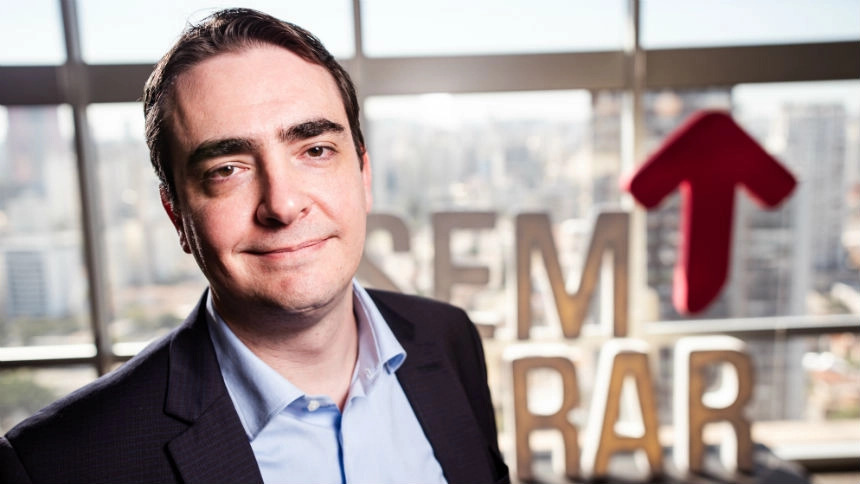By 2020, it is expected that we will have 50 billion devices and equipment interconnected with each other and connected to the Internet – machines talking to each other and storing data that will give you own intelligence to function more efficiently and advantageously. This is called “internet of things”, a new technological revolution that is already underway. And, permeate all sectors of the economy, technology electronics sector plays a strategic role in this new scenario.
With the focus of enabling innovation in this industry, a technical cooperation agreement was signed between the Institute for Research and Technological Development of Complex Electrical and Electronic and Information Technology (IPD Electron), created by Abinee (Brazilian Association of Electrical and Electronics Industry) and the Center for Advanced Research Wernher Von Braun, located in Campinas (SP). Again, the joint efforts between academia and industry serves as an example for other sectors, looking at the future of innovation.
According to the president of Abinee, Humberto Barbato, thanks to the internet of things “technology is everywhere and objects, which does not allow us to stop interacting with the world, otherwise we get shut out of the development and the business was of knowledge. ” By partnering with the Center Von Braun, IPD Electron intends to strengthen its operations by greater efficiency in production processes and competitiveness of companies in the ICT segments, consumer goods and components, which require constant technological modernization.
Globalization, where everyone is connected and business occur in real time, brought new challenges to Brazil, evaluating Barbato. “No more talking about regional market, but in international competition. However, because of internal deficiencies and low insertion of the country in the global market, this scenario brought a worrying situation for our companies: de-industrialization “.To change this situation, it is necessary to find ways that will lead to increased competitiveness of industries” , says the president of Abinee.
The extension of the Information Technology Act by 2029 and the Good Law for another four years was a positive step in the opinion of Barbato, because these two laws helped information technology companies to develop. The Information Technology Act, for example, has a counterpart encouraged business investment in research and development, contributing to the activities of research institutes, such as the IPD Electron and the Von Braun Center, in generating innovative business.
Original article: http://epocanegocios.globo.com/Caminhos-para-o-futuro/Desenvolvimento/noticia/2015/01/industria-e-academia-unidas-na-internet-das-coisas.html (in Portuguese)









